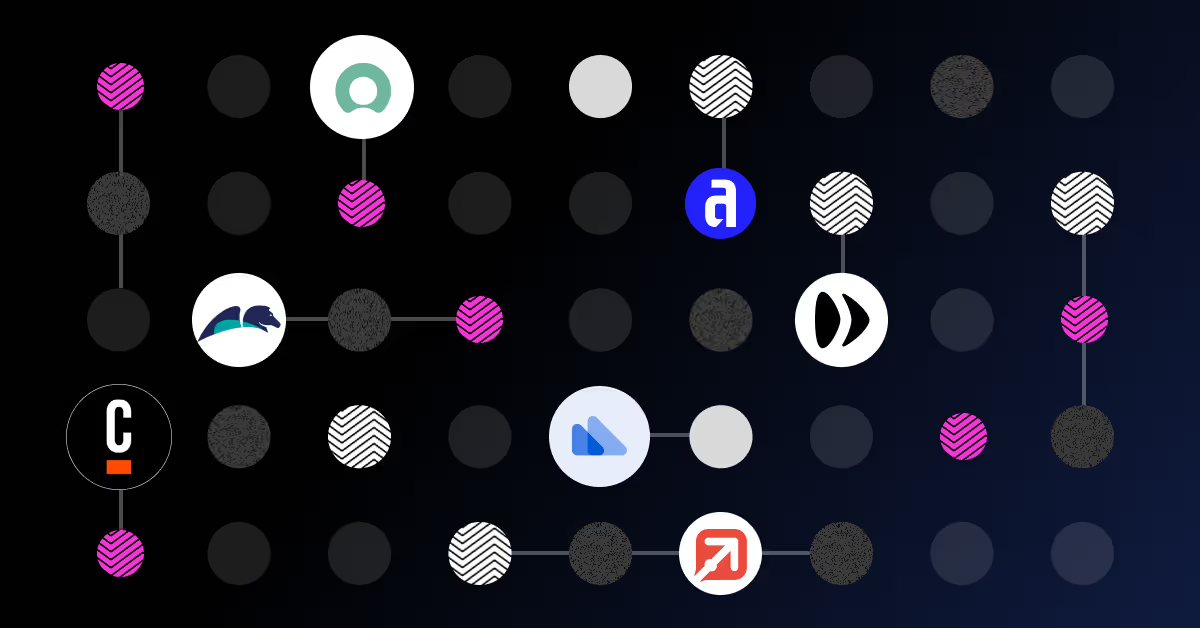Achieve success in HR with digital transformation

Human Resources departments have historically been burdened by manual paperwork, scattered processes, and fragmented systems. Digital transformation offers dramatic improvements in operational efficiency and cost savings that can benefit the entire organization. Successfully achieving digital transformation in HR is tricky though. It requires a thorough understanding of the new technologies fueling change and tactics to overcome common challenges. Below, we provide the knowledge you need to get started.
The HR digital evolution
Trends and statistics A recent AIHR study revealed that 49% of organizations considered digital transformation a key objective in their 2019 strategy, increasing to 63% by the end of 2023. This spike, largely due to the pandemic-induced “Great Attrition,” caused businesses to seek greater adaptability and efficiency. Traditional manual processes which once upon a time were a resource black hole, are now automated. Advanced analytics are employed for data-driven HR decisions, with an increased focus on enhancing the end-user experience.
Benefits of digital transformation in HR Automating repetitive tasks saves HR personnel time, allowing them to focus on core functions such as employee progress and development. This efficiency naturally leads to cost savings, enabling the redirection of resources elsewhere. For example, HR management systems centralize data and digitize processes, including employee onboarding, expediting the experience and freeing employees from paperwork.
Currently, only 43% of HR technology leaders report employee satisfaction with their HR technology, but digital HR improves the working environment for HR staff and all employees.

Key technologies reshaping HR
New HR technology solutions are influencing recruitment processes and employee engagement.
Emerging HR Technologies In recruitment, AI tools are making significant impacts by sorting applications, recommending candidates, writing job descriptions, and conducting preliminary interviews. This speeds up the process, reducing admin and allowing HR teams to focus on finding the right candidates.
Performance analytics tools also enhance employee performance by providing insights on engagement and productivity, helping identify areas needing support, thus improving employee satisfaction and reducing turnover.
Innovations in employee engagement Poor employee engagement negatively impacts happiness and increases turnover and recruitment costs. Employee feedback systems, collaboration platforms, and wellness apps are changing how organizations interact with their workforce. Encouraging feedback and investing in employee wellbeing creates a healthier work environment where staff feel heard, respected, and appreciated, fostering employee engagement.
Overcoming challenges in HR digital transformation Despite its obvious benefits, digital transformation in HR has many difficulties, including implementation obstacles and data privacy compliance. Overcoming these challenges requires strong leadership, clear communication, stringent security measures, and strict protocols to safeguard information.
Cultivating a digital HR culture Introducing new technologies is only part of the solution. Organizations must commit to creating a digital-friendly working environment.
Fostering a digital mindset Leadership commitment towards digital transformation sets the tone for the organization. HR leaders must nurture a culture of innovation, creating a safe atmosphere for staff to communicate ideas and try new approaches.
Training and upskilling As per PWC research, 57% of HR leaders view upskilling as increasingly important. Providing extensive, ongoing training and focusing on upskilling existing staff supports the organization through change and enhances the project's success.
Digital transformation in HR, accelerated by the pandemic and subsequent social changes, is not a passing trend. Adopting new HR technologies and creating a digital-first culture revolutionizes HR efficiency and reduces operational costs. Moreover, it improves the employee experience, leading to more engaged and happier employees.
Enate's end-to-end workflow platform streamlines work, tracks processes in real-time, identifies automation opportunities, and optimizes resource allocation between human and digital workers. With Enate, HR departments can achieve heightened efficiency, transparency, and the ability to focus on strategic initiatives, redefining operations and maximizing productivity.




